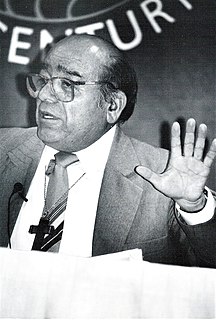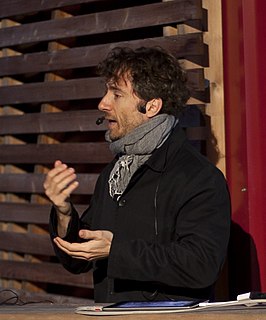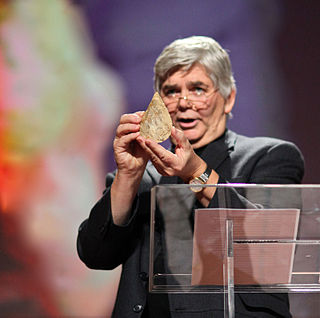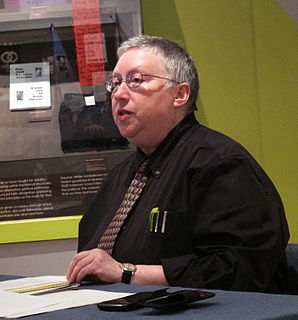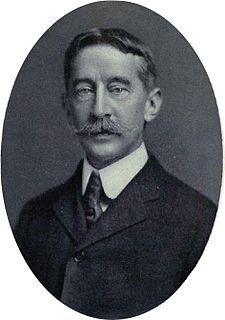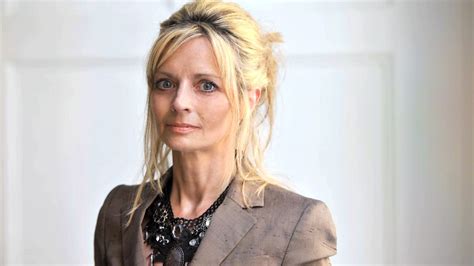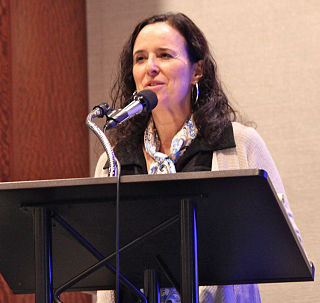A Quote by C. Loring Brace
We live in a cultural milieu ... The idea that culture is our ecological niche is still applicable. The impact and force of natural selection on the human physique are conditioned by the dimensions of culture.
Related Quotes
The indigenous peoples understand that they have to recover their cultural identity, or to live it if they have already recovered it. They also understand that this is not a favor or a concession, but simply their natural right to be recognized as belonging to a culture that is distinct from the Western culture, a culture in which they have to live their own faith.
We are in the process of creating what deserves to be called the idiot culture. Not an idiot sub-culture, which every society has bubbling beneath the surface and which can provide harmless fun; but the culture itself. For the first time, the weird and the stupid and the coarse are becoming our cultural norm, even our cultural ideal.
Museums just seem to have this borrowed cachet—if I want to seem cultural, I will design something cultural. I resist the idea that culture is only opera houses or theatres. Culture is your entire life around you: toilets, the bus, the kerb or the dump where you drag your waste. Culture has come to mean the arts, but it’s swimming pools as well.
Landscapes are culture before they are nature; constructs of the imagination projected onto wood and water and rock. It is... difficult to think of a single natural system that has not, for better or worse, been substantially modified by human culture. The cultural habits of humanity have always made room for the sacredness of nature.
We see a world of abundance, not limits. In the midst of a great deal of talk about reducing the human ecological footprint, we offer a different vision. What if humans designed products and systems that celebrate an abundance of human creativity, culture, and productivity? That are so intelligent and safe, our species leaves an ecological footprint to delight in, not lament?
The language of the culture also reflects the stories of the culture. One word or simple phrasal labels often describe the story adequately enough in what we have termed culturally common stories. To some extent, the stories of a culture are observable by inspecting the vocabulary of that culture. Often entire stories are embodied in one very culture-specific word. The story words unique to a culture reveal cultural differences.
My interest in culture generally is a comparative one, and I think that's where the word joy, I think, can be applicable. There's joy in actually seeing the relatedness, the connectedness of different cultures or recognising, for instance, your own culture in another or another culture in your own culture and feeling an air to all of them.
At the present moment in our culture this yearning for meaning and consciousness, this yearning to give and serve something higher than ourselves, is breaking through the hard crust of our widespread cultural materialism and pseudo-scientific underestimation of what a human being is meant to be together with an equally tragic overestimation of what we human beings are capable of in our present everyday state of being. The intensity of the present confusion about the nature and existence of God is a symptom of this yearning within the whole of our modern culture.

